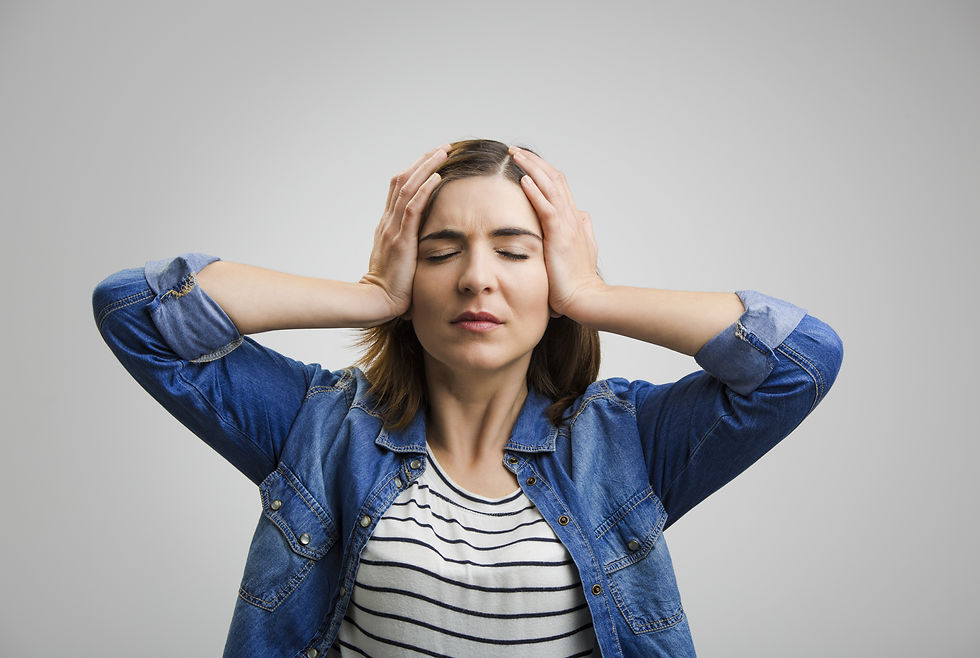Understanding the Psychological Effects of Back Pain
- The Spine Institute
- Mar 10, 2016
- 2 min read

Whether or not a source of back pain can be identified through diagnostic testing or not, the level of discomfort a patient reports is highly subjective, often differing greatly among people with the same source of pain. Affecting anywhere from 60-80 percent of the U.S. population, back pain can have a significant psychological impact on anyone experiencing it. Stress-Related Back Pain Some instances of back pain are aggravated by, or even caused by, stress and persistent anxiety. While often described as psychosomatic, the symptoms associated with this type of back pain are far from imaginary. Chronic stress can cause muscle tension that may place pressure on parts of the spine or nearby nerves. Chronic Pain and Emotions Normal back pain that goes away fairly quickly with a little rest or the application of heat or ice isn't likely to have a lingering psychological impact. When pain reaches a point where it's considered chronic, defined as pain lasting 3 months or more, however, it can affect a person's overall quality of life. Patients may experience increased anxiety or depression from: • Concerns about not being able to work or perform certain activities • Frustration over multiple treatments that aren't providing relief • Fear of performing certain activities that may result in back pain Interpretations of the Degree of Back Pain The mind-body connection with back pain is evident when it comes to perception. If a patient thinks their pain is getting worse, for instance, even though there's no physical evidence confirming this, they're more likely to interpret it that way. This is especially true with low back pain since it's often difficult to find a conclusive source. Depression and Back Pain About a third of patients being treated for depression report physical symptoms such as back pain. In some cases, effectively treating depression or simply having a better ability to deal with stress can minimize discomfort. One study found that subjects who had better coping skills to deal with stress and other emotional issues were less likely to develop or report LBP. Patients who are depressed may unintentionally make it more difficult to treat back pain by: • Not actively participating in physical therapy • Denying or minimizing their depression • Not paying attention to their diet or overall health
• Got scared of Spine Surgery, Which they do not need. With any form of back pain, the first step in treatment is a thorough physical evaluation. If it's believed that psychological factors are playing a role a patient's pain, they may be referred to a therapist or prescribed antidepressants and other medications in addition to treatments recommended for the symptoms presented.







Comentários